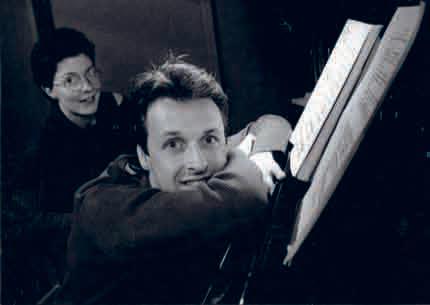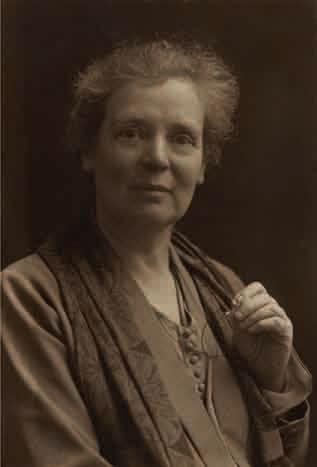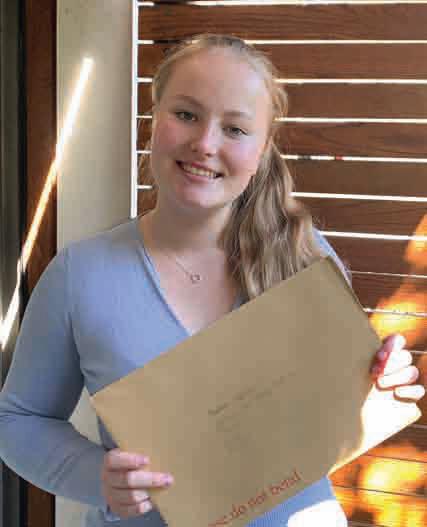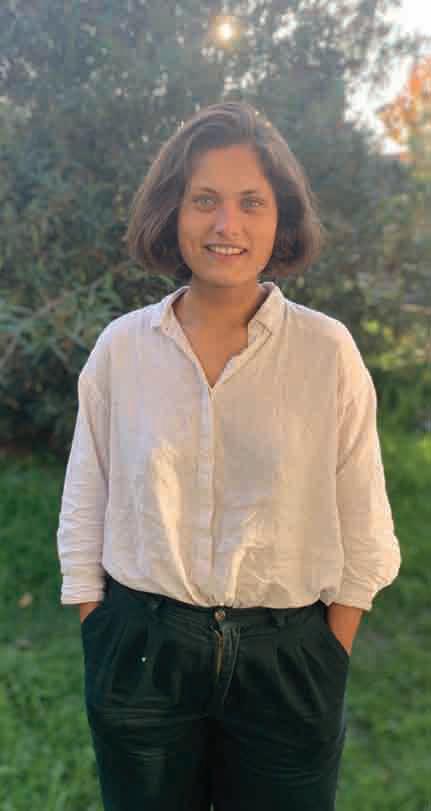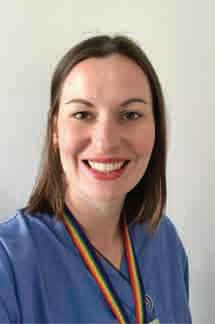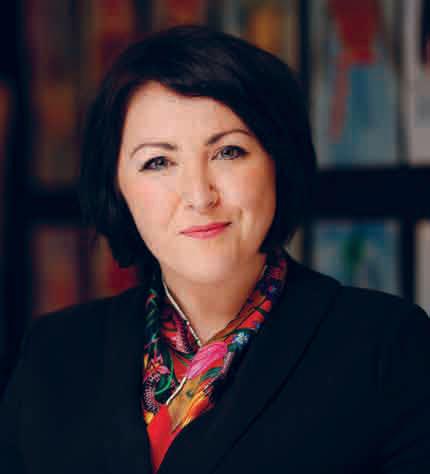Interview with Professor Griselda Pollock by Miss Katy Blatt, Head of History of Art
“I have written a book on Charlotte Salomon, because of the inspiration of the women who taught me at Queen’s” Griselda Pollock is Professor of Social and Critical Histories in the School of Fine Art, History of Art and Cultural Studies at the University of Leeds. A world-leading figure in Art History and Cultural Studies, she was recently awarded the prestigious 2020 Holberg Prize in recognition of her profound impact on Art History especially through the development of Feminist Studies in the field. She is also a specialist in Art and Holocaust Studies. The Holberg Prize was established by the Norwegian government in 2003. It is similar to the Nobel Prize, but is for academic work in arts, humanities, social sciences, law and theology. This is the first time the prize of circa £500,000 has been awarded to an Art Historian. So, when did the History of Art start? When I got to Canada I watched [US legal drama] Perry Mason and I thought ‘That’s what I’m going to do!’ I got into Oxford to do Law at 16, but they said I was very young. I came back a year later, choosing to study History instead. There I encountered Francis Haskell, who was the Professor of Art History and gave enthralling lectures about Napoleonic and Romantic French painting. In my final year, I chose to do his module on Baudelaire and the artists of his time. After university, I was advised to ‘do a secretarial course’ – that was advice for a young woman with an Oxford degree in History in the 1970s. The idea was we would be the PAs and secretaries of the men who’d get the prestigious jobs as publishers, etc. This was the beginning of the women’s movement, so I refused and went to do an MA in Art History at The Courtauld Institute of Art, supporting myself by working in a shoe shop. When I finished, I got a job quite easily as the art schools had become polytechnics and had to have Art History in their new BA degrees. Then I got my first full time lectureship at Manchester University in 1974. Could you tell us a little bit about your time at Queen’s? I was there from 1964 to 1966. I was born in South Africa and then my parents migrated to Canada. Then we moved to Britain. My sister went to Queen’s, and I also begged to be sent there to do my A-levels. I had the most amazing time. The teaching was just extraordinary. We had a wonderful English teacher called Mrs Clark and two Latin teachers who enthralled me. And then we had a wonderful History teacher and a memorable French teacher. I’m pretty sure David Suchet based Poirot on him! I was also taught by Mrs Blumenthal, a Jewish refugee from Berlin, who taught us Comparative Literature. I think it was this experience that made me an intellectual, because I suddenly thought ‘I love this stuff’.
As a feminist, I was interested in women artists. We were not taught about any at the Courtauld. Once you saw them in the museums, although sometimes in the basements. I found that it was only in the twentieth century that Art History ignored them, and museums did not collect. So that changed everything. I knew it was my job to challenge this. And make Art History inclusive and complete. Could you tell us about your Charlotte Salomon monograph? [Charlotte Salomon and the Theatre of Memory, Yale University Press, 2018] I discovered the work of Charlotte Salomon in the early 1990s, through the first publication on her single, complete
6
85041 DM LINK A76615 Queen's Today Magazine_FV4 20PP JULY8 2020.indd 6
08/07/2020 10:50

